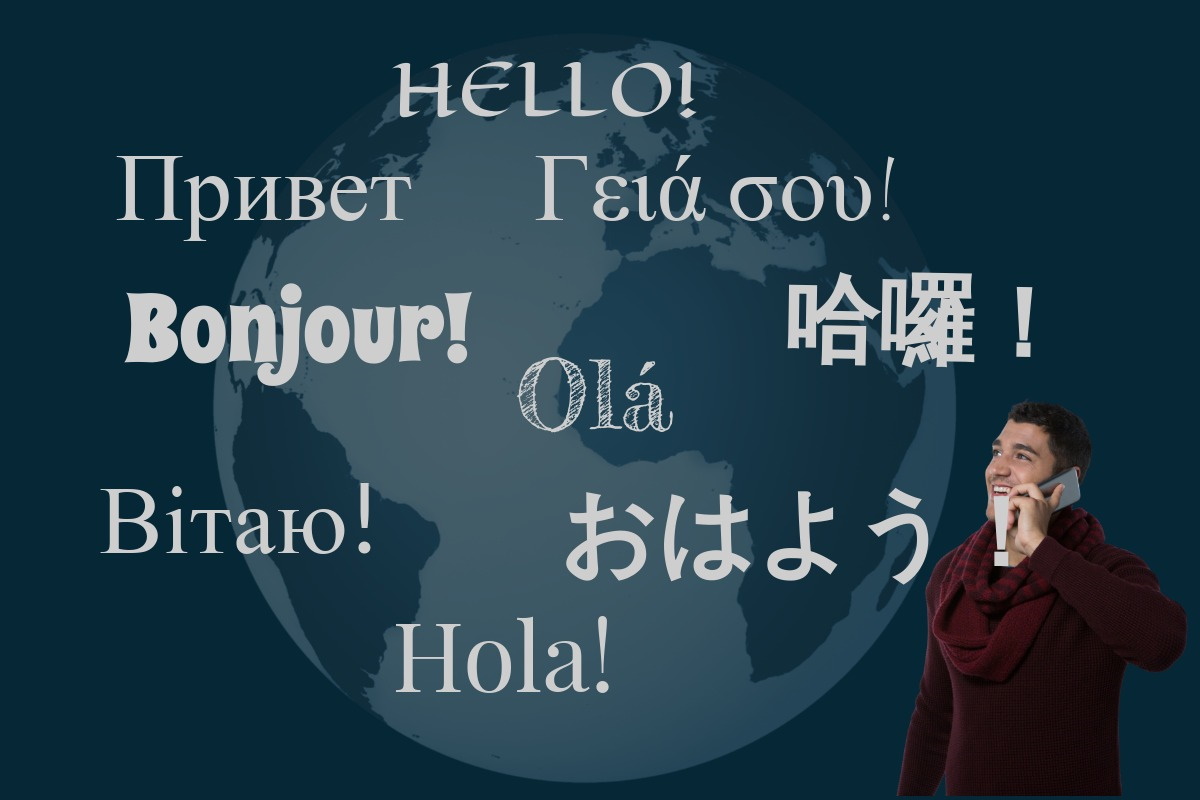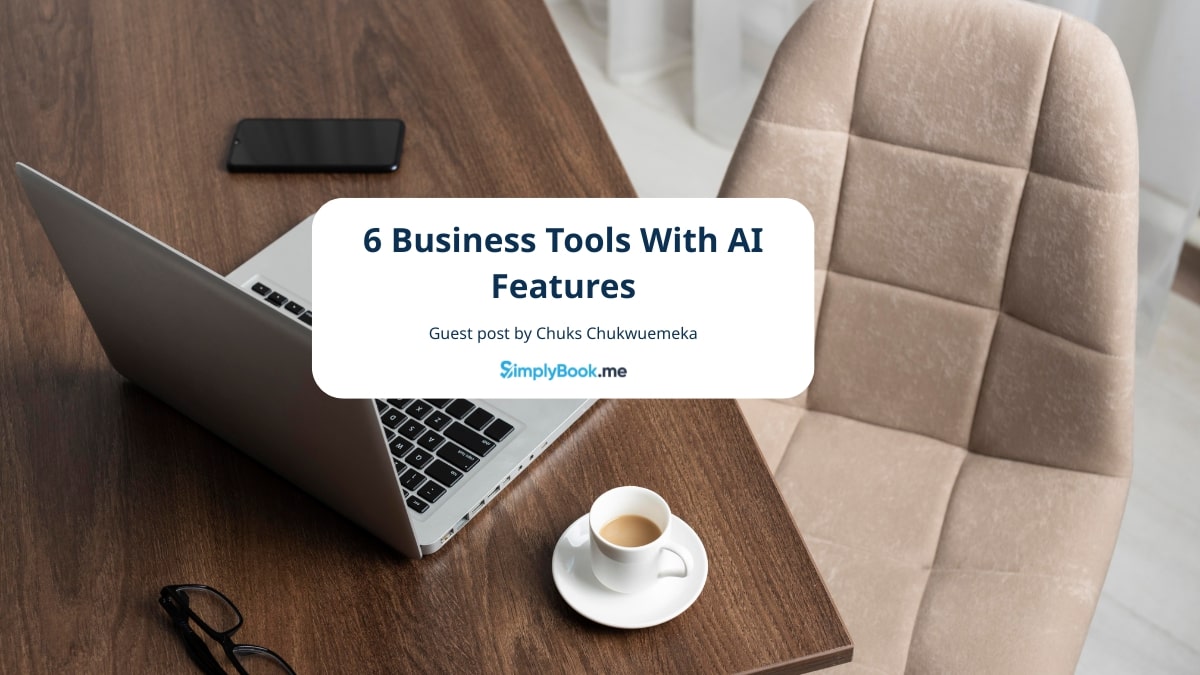Equipe multilíngue em um mercado global

This post is also available in:
![]()
![]()
![]()
![]()
Pode parecer óbvio que você precisaria de uma equipe multilíngue para administrar um negócio global, multinacional ou online. No entanto, a proliferação de software de tradução está se tornando mais sofisticada, e grande parte do mundo adotou alguma forma de inglês como seu idioma de negócios “internacional”. Você pode perguntar, por que preciso fornecer os serviços da minha empresa em vários idiomas? Além disso, mesmo se eu fizer isso, não posso usar um software para fazer isso por mim?
Enquanto o idioma é como nos comunicamos uns com os outros, o restante de nossas habilidades de comunicação vem da compreensão de nossos mercados-alvo, nossos clientes e as culturas em que eles habitam.
Globalizando seu negócio com multilinguismo
As empresas de língua inglesa que não empregam funcionários bilíngues ou multilíngues ainda podem fazer contato e até vender produtos e serviços para países onde o inglês não é o idioma principal (ou mesmo secundário). Os EUA e o Reino Unido fazem isso há décadas. No entanto, quando você tem uma equipe de vendas ou traduções que pode discutir, explicar e persuadir no idioma nativo do seu mercado-alvo, você ganha uma vantagem sobre a concorrência.
Mesmo se ficarmos em países de língua inglesa, como Reino Unido, Austrália ou EUA, existem muitas comunidades multiculturais e multilinguísticas – sem mencionar os visitantes e turistas.
Atração, Confiança e Lealdade
Quando se trata disso, todos nós preferimos absorver novas informações em nosso idioma nativo. Nós o processamos mais rapidamente, temos um vocabulário muito mais amplo e o conhecimento fica mais fácil. Quando uma pessoa ou empresa deseja comprar um novo item ou tirar proveito de um novo serviço, ela fará sua pesquisa. Se as informações disponíveis estiverem em seu idioma, é mais provável que escolham o varejista de produtos que as considera importantes o suficiente para tratá-las da melhor maneira. Um relatório de 2014 (que ainda é relevante agora) indicou que mais de 70% dos clientes em países que não falam inglês estariam mais propensos a comprar um produto ou serviço com um site ou documentação em seu idioma do que se fosse apenas em inglês.
Se um cliente puder confiar que terá suas necessidades atendidas e se comunicará no idioma que melhor entende, é mais provável que fique por perto e permaneça leal.
Personalizado, Cultura e Nuance
Ao lidar com clientes que falam línguas diferentes, você também precisa entender suas nuances linguísticas, seus comportamentos culturais e suas práticas habituais. Na maioria dos países ocidentais de língua inglesa, os costumes são amplamente semelhantes. No entanto, países com idiomas diferentes tendem a manter alguma distinção na forma como se dirigem uns aos outros, suas interações comerciais e seus limites pessoais.
A divisão se torna ainda mais distinta quando se trata de povos do Oriente Médio ou do Extremo Oriente. Mesmo quando você e eles podem conversar perfeitamente em inglês, entender diferentes padrões culturais é vital para um relacionamento tranquilo. Algumas fronteiras culturais podem causar ofensas irreparáveis se violadas, resultando em mal-entendidos e negócios quebrados.
Outro exemplo para entender são as diferenças na língua falada em diferentes regiões. O português falado no Brasil difere do falado em Portugal; da mesma forma, o francês no Canadá é distinto do francês europeu, pela proximidade com os anglicismos norte-americanos e pela adoção de palavras aborígenes. No entanto, nos quebequenses nacionalistas há um esforço ativo para reduzir os anglicismos que chegam ao francês canadense e europeu.
Atitude, Flexibilidade e Moeda
Você sabia que algumas pessoas odeiam ter que fazer câmbio antes de saberem quanto estão pagando? Pior ainda, se eles não podem pagar por algo em sua moeda, acabam sendo cobrados ainda mais em taxas de câmbio.
Alguns povos de certos países evitarão ativamente qualquer produto ou serviço pelo qual não possam pagar em sua moeda nativa. Alternativamente, algumas pessoas ficam perfeitamente felizes em trabalhar em US$, sejam elas falantes de inglês, ocidentais ou não.
Uma pessoa fluentemente multilíngue terá uma maior compreensão e apreciação dos países em que opera e, consequentemente, saberá se precisará mudar sua abordagem de negócios para dados demográficos que exibem esses comportamentos.
Evitando Falsos Passos Linguísticos e Culturais
Se você não é fluente em outro idioma ou não passou um tempo significativo com seu público-alvo para conhecê-lo, há chances de você irritá-lo, ofendê-lo ou diverti-lo com seus materiais de marketing.
Confira este artigo sobre alguns erros de marketing ofensivos, desagradáveis e completamente hilários, que decorrem quase inteiramente de uma falha em fazer concessões para a tradução apropriada do idioma.
O que há de errado com o software de tradução?
Não há nada de errado com o software de tradução. Entidades como Google Translate, DeepL e Localize têm seu lugar na estrutura de negócios. Pequenas alterações em um site podem significar que, em vez de alterar alguns campos em um idioma, você precisa alterar esses poucos campos em todos os idiomas manualmente – isso já passou meio dia. As ferramentas de tradução têm seu lugar, mas não é na face humana de expandir seu alcance global.
Ferramentas de tradução, como as ferramentas CAT (Computer-Assisted Translation, tradução assistida por computador), podem funcionar razoavelmente bem na tradução de grandes quantidades de texto, mas é sempre melhor ter um falante nativo ou fluente para verificar se há erros no documento. Não importa o quão sofisticado o software de tradução se torne, a linguagem evolui muito mais rápido.
No entanto, qualquer produto que exija suporte pós-venda, ou software ou serviço que precise de comunicação, atualizações e assistência contínuas, requer pessoas que falem o idioma nativo.
Não há nada pior do que se sentir ignorado e marginalizado quando você tem um problema. É seguro dizer que a equipe multilíngue será inestimável quando ajudar a reter um cliente apenas por poder falar sobre o problema no idioma do cliente.
Outros benefícios do multilinguismo no local de trabalho
Agora, você já sabe que pode ampliar seu alcance de vendas e reter clientes fiéis oferecendo idiomas nativos, mas você sabia que existem outros benefícios em empregar uma equipe multilíngue?
- Multitarefa e eficiência – Os funcionários multilíngues são mais propensos a alternar de uma tarefa para outra mais rapidamente do que seus colegas monolíngues, da mesma forma que alternam entre os idiomas.
- Economizando dinheiro – A contratação de funcionários que falam vários idiomas reduz a quantidade de dinheiro que você precisa gastar para chegar a vários locais geográficos e demográficos.
- Ambiente multilíngue – Ao contratar uma ampla variedade de funcionários bilíngues e multilíngues, você cria um ambiente inclusivo e inspirador. Seus outros funcionários podem se inspirar e decidir aprender um ou dois idiomas.
- Comunicação e Escuta – É comumente observado que aqueles que falam outra língua ou mais têm melhores habilidades de comunicação e escuta do que seus colegas monolíngues.
Dê as boas-vindas e incentive o funcionário multilíngue
Quando se trata disso, não há desvantagens em contratar funcionários bilíngues e multilíngues, mas há muitas vantagens. Claro, o inglês é uma das línguas mais faladas em todo o mundo, se você incluir aqueles que o usam como segunda língua. A invenção da internet e das linguagens de programação de computadores que dominam a esfera, significando que o inglês é a língua franca do mundo dos negócios. No entanto, você não pode negar que existem centenas de idiomas por aí – um deles pode ser o idioma preferido do seu cliente.
Embora você não possa ignorar os muitos milhões de pessoas que falam outros idiomas além do inglês, provavelmente não é viável ter falantes fluentes na folha de pagamento para cada um deles; você não segmenta TODOS eles.
Claro, use ferramentas de tradução, elas têm suas utilidades para economizar tempo e fazer um esforço. No entanto, ao mesmo tempo, vá em frente e contrate uma equipe multilíngue incrível. Você ficará feliz com isso. Apenas certifique-se de que todos tenham pelo menos uma linguagem comum entre vocês.



Comments
0 commentsNo comments yet